
What to Apply on Face in Winter: A Comprehensive Guide
Our skincare routines need to evolve as the cold winter months approach. The sharp drop in temperature and humidity levels can leave our skin feeling dry, flaky, irritated, and vulnerable. Questions like ‘What to apply on the face in winter?' or ‘What to apply on the face at night in winter?' occupy most people's minds.
An effective winter skin care regimen is crucial for maintaining a healthy skin barrier against harsh weather. This comprehensive guide will explore everything one needs to know about caring for one's face in the winter.
Why Winter Skin Care is Important
The air becomes drier during winters, stripping the skin of its natural oils and moisture. The skin can become dehydrated, tight, and uncomfortable without proper care. In some cases, it might also become prone to inflammation and breakouts and more vulnerable to environmental damage.
Additionally, the skin generates less sebum (natural oils) in cold weather. This, coupled with hot showers, exposure to heating systems at home and work, and chilly winds outdoors, makes the skin unprotected. A customised winter skincare routine is key to nourishing, restoring, and protecting the skin during this time.
What to Apply on Face in Winter
With the right products and ingredients, one's winter skincare regimen can be simple yet effective. However, a critical question is what to apply on a dry face in winter. This section gives an overview of the must-have products for winter skincare:
Moisturisers
Switching to a heavier, profoundly hydrating moisturiser is essential for winter skin care. Look for moisturisers containing skin-nourishing ingredients like ceramides, hyaluronic acid, plant oils, and butters to help treat dry skin in winters.Apply a moisturiser immediately after cleansing on slightly damp skin to lock in moisture. Reapply throughout the day on dry spots or all over the face. The Pink Foundry's Waterlight Gel Moisturiser 72-Hour Hydration is designed to give instant supple, soft & hydrated skin.
Serums
Serums are skincare products that target specific skin concerns like dryness and dehydration. Their lighter texture allows key ingredients to penetrate deeper into the skin. Some examples are:
- Hyaluronic acid serum to attract moisture
- Peptide serum to strengthen the skin barrier
- Vitamin C serum to brighten dull skin
Serums should be used before heavier moisturisers to help the active ingredients absorb better into the skin. The Pink Foundry's Brightening & Exfoliating Vitamin C Daily Face Wash delivers even-toned, brighter skin.
Face Oils
Plant-based and nutrient-rich facial oils are crucial for people who experience excessive dryness in their skin during winter. These oils supplement the skin's lipid barrier to prevent moisture loss. Some nourishing oils one can try include Jojoba oil, Rosehip seed oil, Marula oil, and Argan oil.
A few drops should be used before applying moisturiser at night so that the skin stays supple and hydrated as one sleeps. Some experts also suggest mixing a couple of drops into the moisturiser and using it together.
What to Apply on Dry Face in Winter
If one suffers from a dry, flaky and tight complexion during winter, it can be crucial to give the skin some extra tender loving care (TLC) with the following products:
Heavy Creams
One should consider upgrading their daily moisturiser in winter with a more decadent face cream that relieves dry skin. Emollient-rich ingredients to look for in these creams include the following:
- Shea butter
- Cocoa butter
- Beeswax
- Plant oils like olive, almond, avocado, etc
The thicker texture of these creams seals the moisture into the skin remarkably well. Focus application on the driest areas, such as the cheeks, under-eyes, and regions around the mouth.
Hydrating Masks
Give your skin an intense moisture boost 1-2 times every week with a hydrating mask. These masks provide deeper, long-lasting hydration by infusing the skin with humectant, emollient and occlusive ingredients. Popular types of hydrating masks one can consider for winter include the following:
- Hyaluronic acid masks
- Honey or glycerin-based masks
- Creamy masks with ceramides, oils and butter
It is essential to leave these masks on for 10-15 minutes and clean gently thereafter. Then, one can apply a regular moisturiser.
Gentle Cleansers
Harsh foaming cleansers can further take away moisture from the already dry skin. One should consider opting for soap-free, creamy, milk or gel-based cleansers. It can be better to look for skincare products containing skin-soothing ingredients like:
- Aloe vera
- Oatmeal
- Glycerin
- Hyaluronic acid
Ideally, one should cleanse the face once at night to wash off the buildup of the day's dirt, oil, and makeup. In the morning, rinse with lukewarm water instead of cleansing to maintain the skin's natural moisture. Do not skip washing your face in the winter as your skin will still accumulate build up which, if not cleansed, can lead to winter acne.
What to Apply on Face at Night in Winter
The nighttime routine deserves special attention since that is the time when the skin regenerates itself. Here's what one can consider:
Night Creams
Look for a night cream to help seal the existing moisture and continuously hydrate the skin overnight. Key ingredients that make night creams extra nourishing include the following:
- Shea or cocoa butter
- Skin-replenishing ceramides
- Anti-inflammatory niacinamide
Using an overnight mask 1-2 times a week instead of regular night cream can also work wonderfully. Notably, the rich texture of these night creams keeps working through the night to moisturise the skin deeply.
Humidifiers
Running a humidifier at home while sleeping can help prevent moisture loss from the skin. This simple step can make a noticeable difference in how soft and supple the skin looks and feels when waking up.
Lip Balms
It is crucial not to forget the lips. Lips become dry and chapped during winter months. To wake up to soft, smooth lips, applying a thick, protective lip balm before bedtime can be beneficial. One should look for intense moisturisers like shea butter, coconut oil, beeswax, jojoba oil, or vitamin E. For sustained protection, reapply a lip balm with SPF protection during the day.
Key Ingredients to Look for in Winter Skincare
When shopping for winter skincare products, it is essential to keep an eye out for products containing the following skin-nourishing ingredients:
|
Winter Skincare Ingredient |
Benefit |
|
Hyaluronic Acid |
It is beneficial for intense hydration and moisture retention. |
|
Ceramides |
Repairing skin barriers and locking in moisture. |
|
Glycerin |
Attracts water to the skin and provides deep hydration. |
|
Squalane |
It helps balance and moisturise dry skin without clogging the pores. |
In addition to these ingredients, one should also consider skincare products containing niacinamide, aloe vera, and natural oils like jojoba, argan, and almond oil.
Winter Skin Care Tips
Essential tips to take care of the skin during winter include the following:
- Keep the skin hydrated from the inside by drinking plenty of water.
- If you're wondering “can we use sunscreen in winters?”, we're here to tell you it's an absolute must! Use sunscreen daily to protect against UV rays. With its new-generation filters, the Pink Foundry's Dewy Hydrating Hybrid Sunscreen SPF 50+ offers protection against UVA and UVB rays.
- Avoid hot showers, as they can strip the skin of natural oils.
- Invest in a humidifier to counteract indoor heating.
- Exfoliate at least once a week to remove dry, dead skin cells.
- Eat more good fats from nuts, seeds, fish and olive oil.
- Manage stress levels through yoga, meditation, etc. Stress is known to exacerbate skin issues.
Conclusion
Caring for one's skin appropriately during winter is crucial to maintaining health and appearance. Proper cleansing, moisturising, exfoliating, SPF usage, and skin-friendly habits are crucial. With the proper winter skincare routine, the skin can stay supple, hydrated, and glowing through the cold, dry months.
Frequently Asked Questions
Q1: What should I put on my face at night during the winter?
A1: Apply a nourishing night cream or overnight mask at night. Also, use a humidifier in the bedroom while sleeping. Remember to apply a thick lip balm.
Q2: How can I keep my skin hydrated in winter?
A2: Drinking adequate water and using deeply hydrating skincare products containing humectants like hyaluronic acid, glycerin, and honey can help keep the skin hydrated. Always applying moisturisers can help keep the skin damp. Using a humidifier can also help.
Q3: Can I use regular moisturisers in winter, or do I need something heavier?
A3: Regular moisturisers are usually too lightweight for winter. Instead, one should opt for more affluent and heavier skincare products that provide more intense, long-lasting hydration and help seal the moisture into the skin remarkably well during harsh, cold, and windy weather.









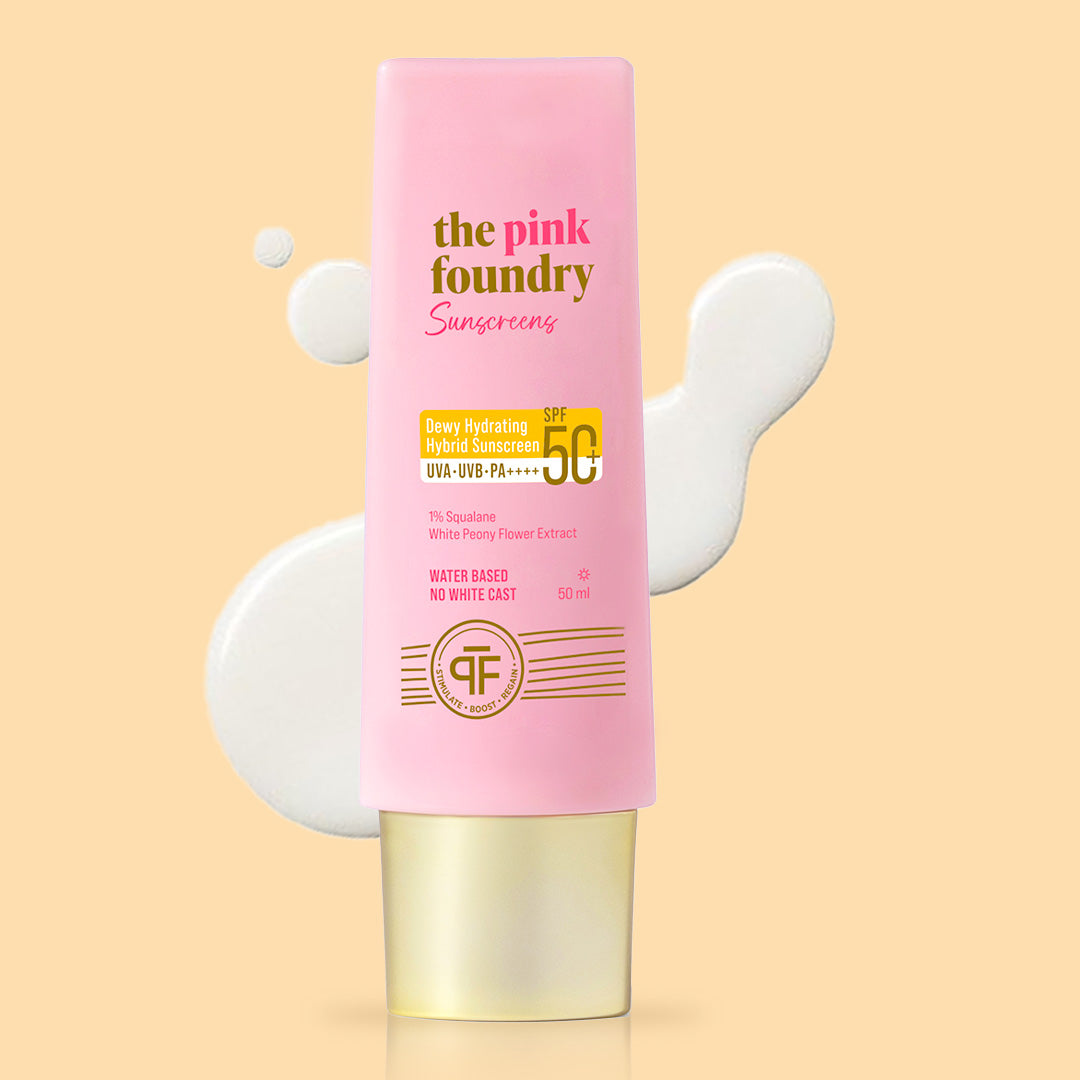



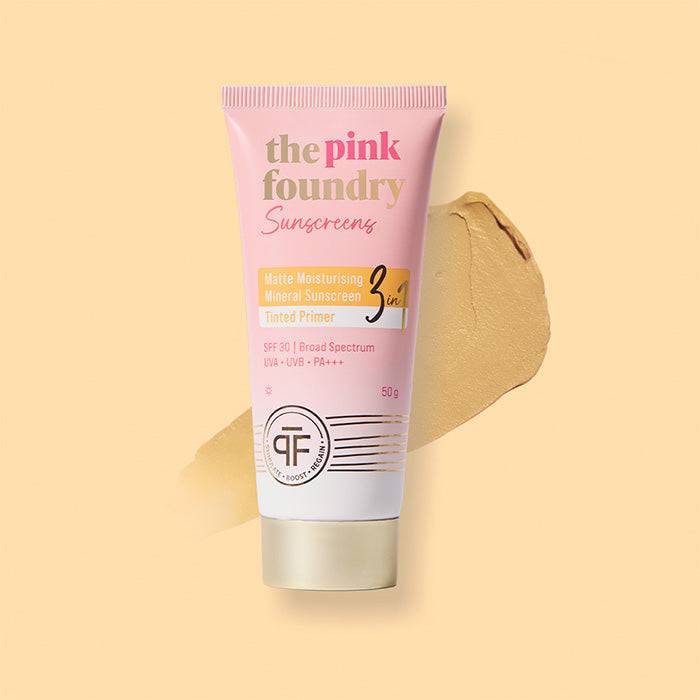




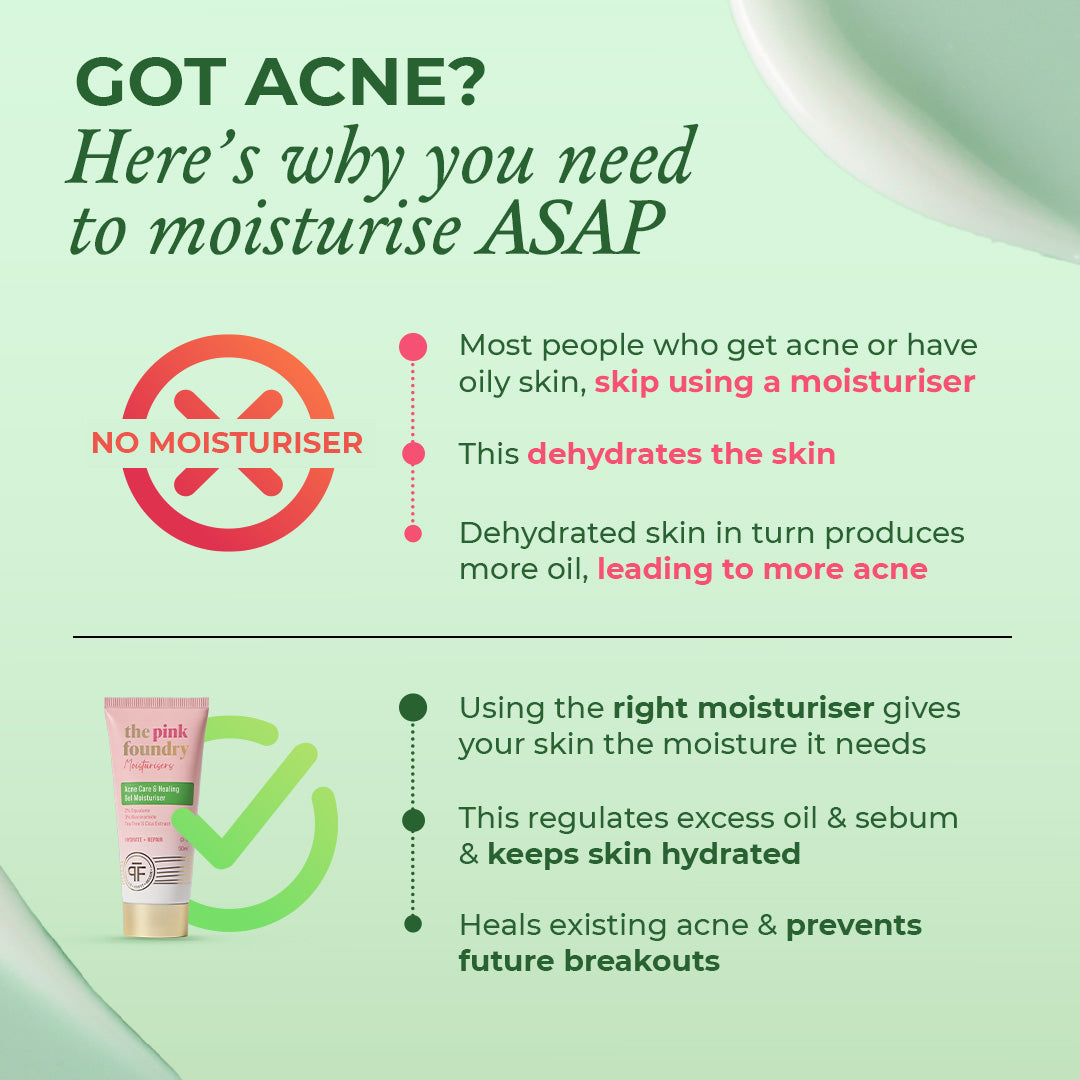
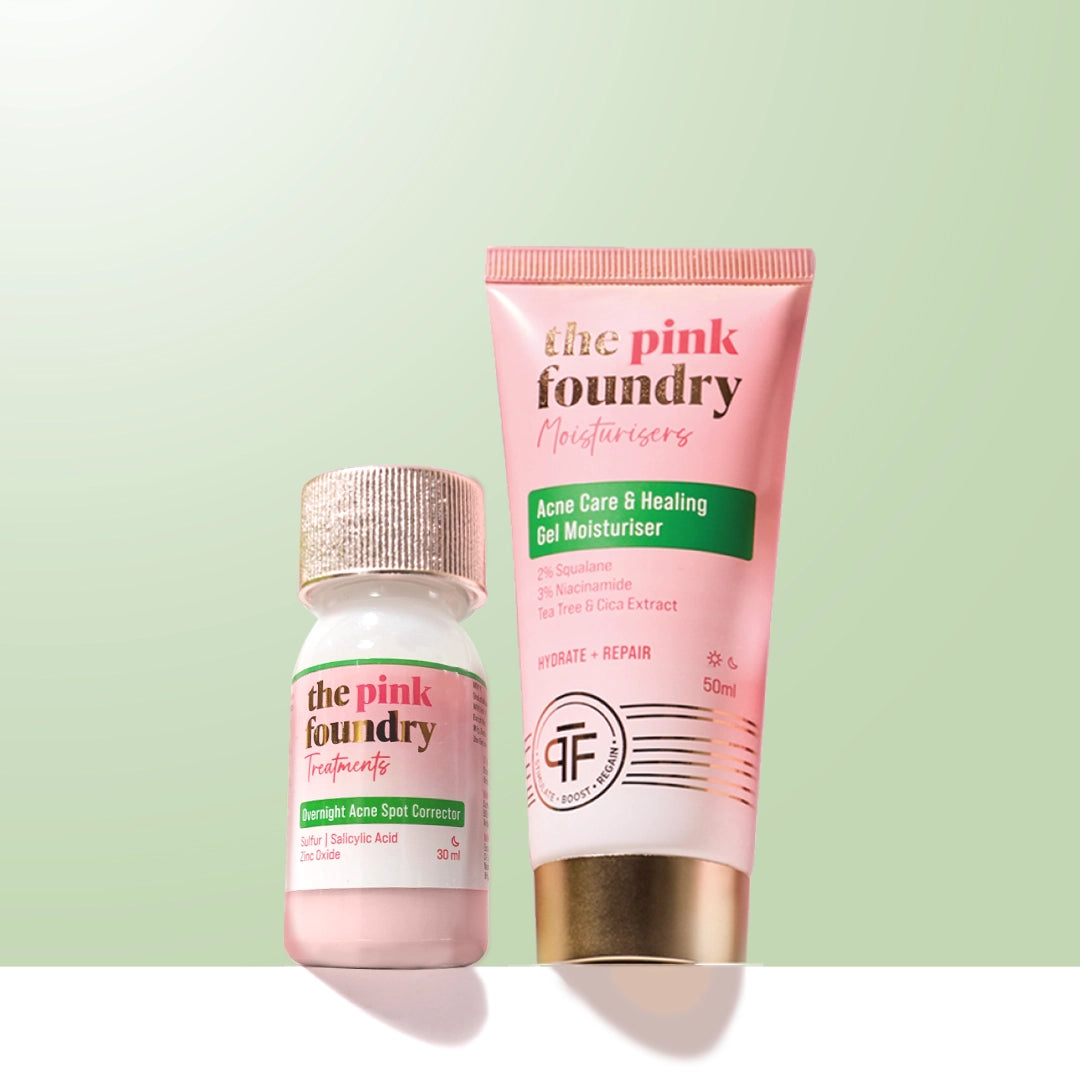
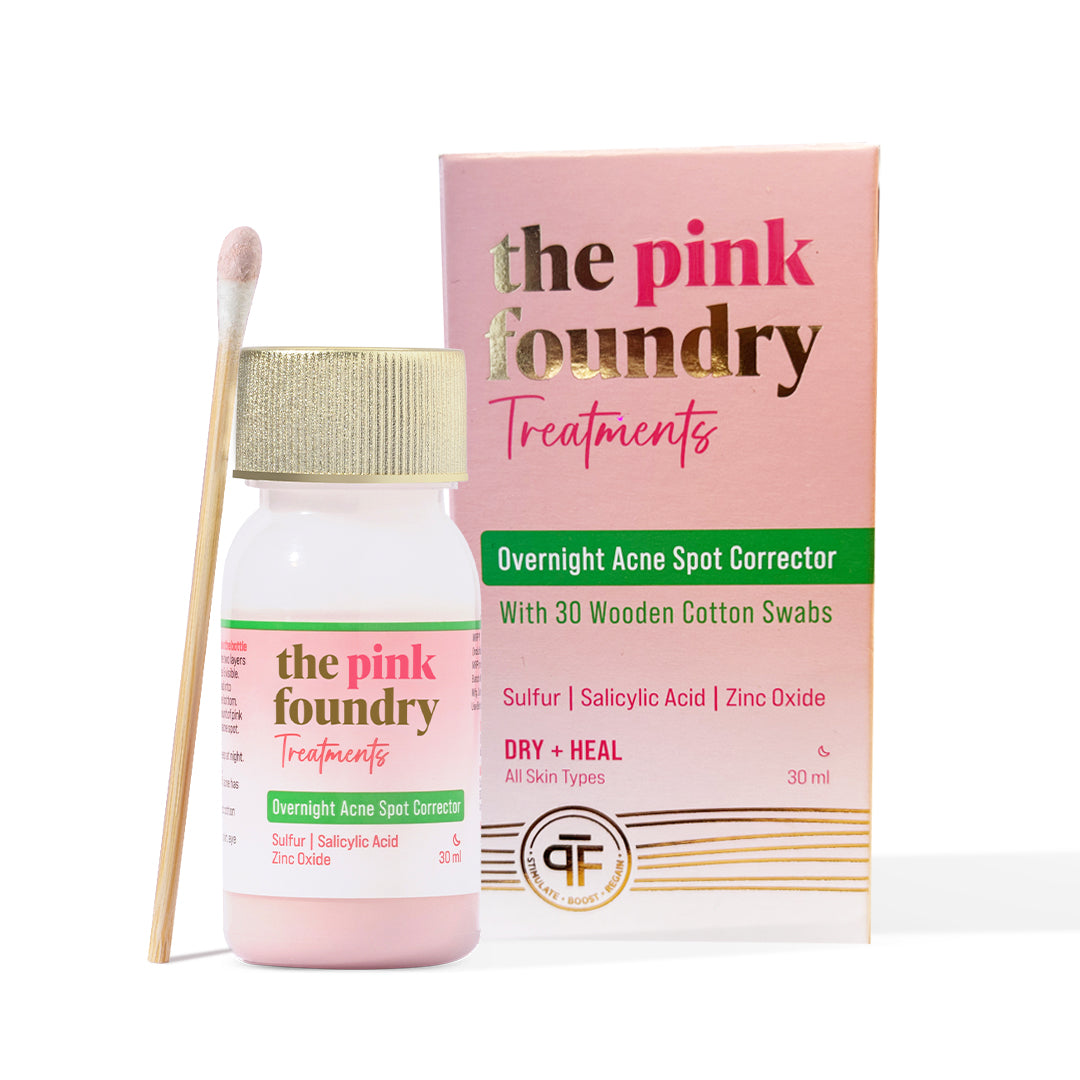
Leave a comment
This site is protected by hCaptcha and the hCaptcha Privacy Policy and Terms of Service apply.